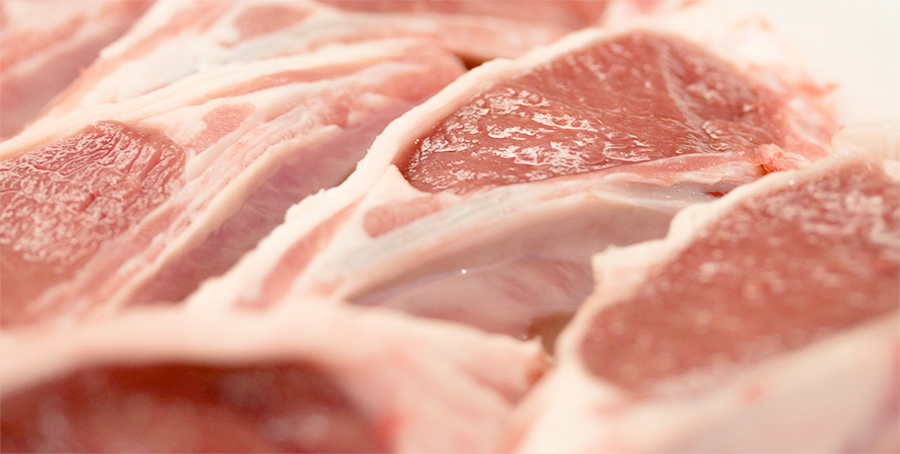
A Welsh farmer delegation backed HCC’s contingency marketing initiative to boost Welsh Lamb in the face of UK-wide price pressure at an industry meeting in Aberystwyth.
Farmers from different parts of Wales met with HCC to hear details of a set of retail measures to improve short and longer term sustainability for the Welsh red meat supply chain and of HCC’s initiative to clearly differentiate on-shelf Welsh Lamb from competitors’ products.
HCC introduced the contingency measures after UK lamb prices were hit by exchange rate volatility and over supply to retail, producing a fall of up to 20 per cent year-on-year.
“We ran through, in some detail, the wide-range of across-media and in-store marketing measures that HCC had brought in since early July to support our farmers and processors during this turbulent market period,” said HCC Chief Executive Gwyn Howells.
“The whole of the red meat supply chain shares farmer concerns about ensuring the sustainability, future growth and profitability of the industry. Cheap imports are an easy option for some retailers but they are severely undermining the delicate supply chain infrastructure that is essential to the continued production of the world’s leading premium lamb brand.
The farmers backed HCC’s long standing crusade and recent support measures to differentiate on-shelf between premium Welsh Lamb and cheaper imports.
“Labelling must be crystal clear for consumers to have a choice,” said Mr Elwyn Evans, one of the delegation, of Bodorgan, Ynys Mon. “Together, the Welsh industry, from farmgate to shop shelves, has to get behind these quality market-leading products or face dire economic consequences in the not-too-distant future.”
The farmer delegation heard that several external factors have combined in recent months to impact negatively on current lamb prices.
“At present we have a strong pound and a weak Euro. The strong pound means all British products, including Welsh Lamb, are much more expensive to buy within the Eurozone- hitting prices,” said Mr Howells.
“Outside of Europe, the strong pound has made New Zealand lamb much cheaper. Exports of the so-called “fifth quarter”- the category that includes skins- have also struggled because of a downturn in demand from Asia.
“In addition to the damage caused by exchange rates to the UK industry, UK Farmers experienced good, early lambing season weather conditions that resulted in 1 in 12 extra lambs coming onto the market in May and June,” said Mr. Howells.
Farmers heard HCC’s current marketing drive targets Welsh and UK consumers at all levels, from TV to on-line and social media promotions. Measures already in place to continue to push retailers to achieve more distinctive, on-shelf labelling for PGI Welsh Lamb products won strong farmer backing.
“The farmers backed our belief that it is time to stand together to build a strong, sustainable future for the industry across Wales and HCC now will take forward to the retail industry the firm but positive stance that everybody gains from investing in local suppliers and that means fewer imports and more Welsh Lamb on shelves with a very clear labelling policy,” said Mr Howells.
